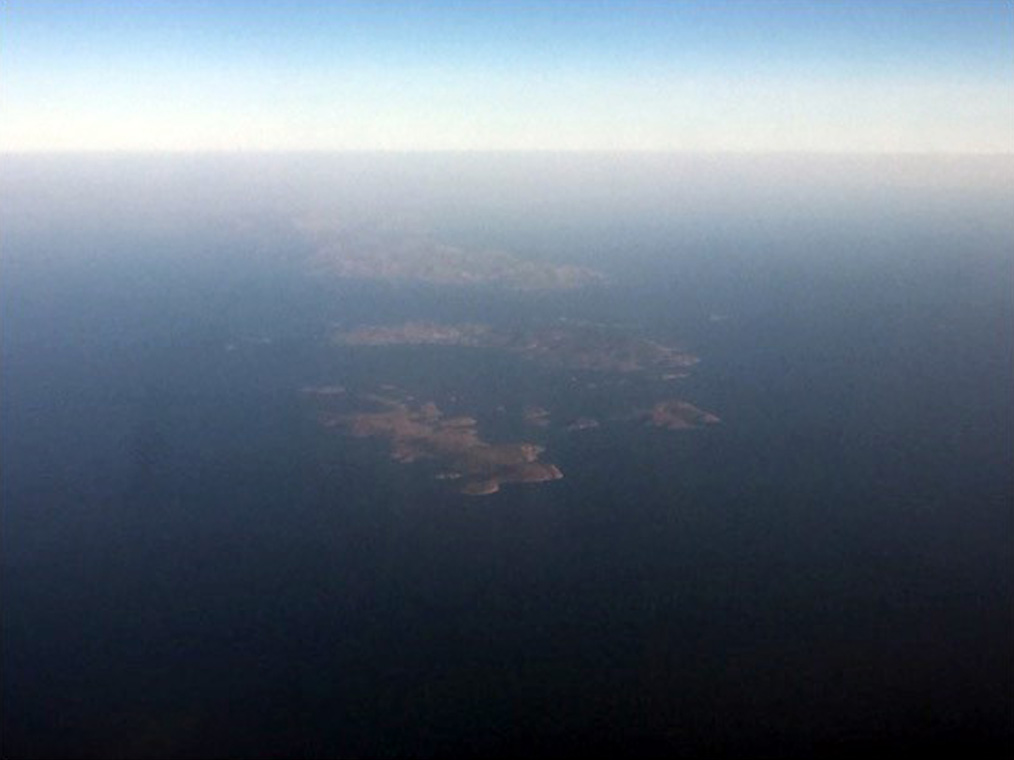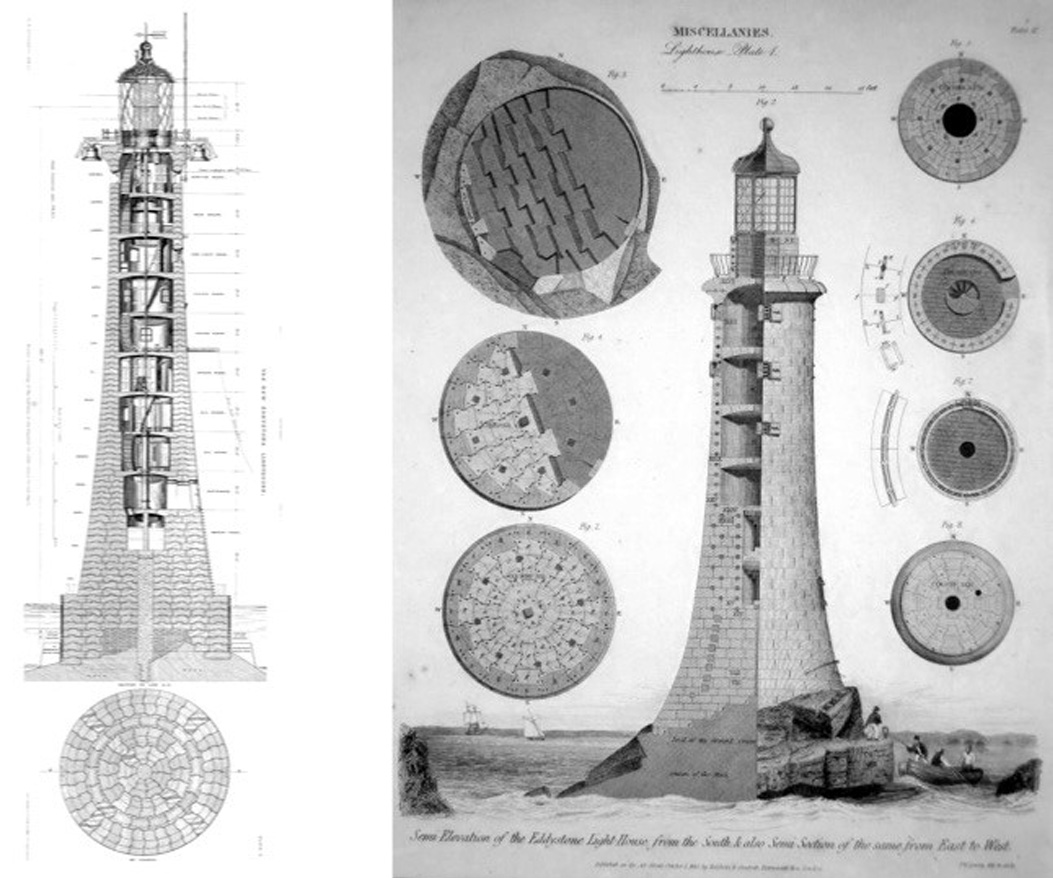A r c h i p e l a g o

Topos (Athens), Nikos Markou 2005
ARC3020Y F
Instructor: Petros Babasikas
Meeting Section: L9104
Synchronous
Tuesdays, 9:00am - 1:00pm, 2:00pm - 6:00pm

Icarian Sea, 2019
Relationality / Resistance
Beyond urban multi-centrality, the Archipelago model has also driven thinkers of non-linear history, interconnectedness and hybridity, extra-statecraft, island studies, post-colonialism and the Anthropocene like G. Deleuze, E. Glissant, K. Easterling, D. Harraway and T. Morton. This Archipelago is political, further iterfacing with contemporary practices of cross-border architecture, incremental or participatory housing, commoning and environmental conservation.
Settlement / Sanctuary
Our year-long Research Studio will actively pursue the Archipelago model via drawing and research through making – not merely recording it as a given structure, but inventing it as a mesh of infrastructures, human and animal migrations, topographies and hydrographies, pressure points and exchange zones. Our goal will be to invest architectural identity in objects and fields, investigate versions of resilience, enhance commons, produce new sanctuaries, design settlements and housing.
Research Studio 1 will explore possible partnerships, rules of engagement and design, rehabilitation, and re-use across a series of islands and territories in Greece and in Canada, via the lens of independent institutions actively engaged in their stewardship. Potential territories include distinct settlements in Athens and Toronto; a group of Islands in the Icarian Sea; and Manitoulin Island. Possible organizations include a Public Cultural Agency, an Institute for Marine Conservation and a Housing Co-Op. Students will work in teams and individually, selecting one of the above territories/institutions, always comparing their work of others. They will produce an Atlas (a book of maps, drawings, rules of engagement, speculative travelogue and/or manual of sanctuaries and settlements) and a short Film.
Research Studio II will continue its design investigations by proposing a design program for new Commons, Settlements and Sanctuaries for the specific institutions and territories.
Travel
An optional studio trip to Athens, Samos and the Icarian Sea including on-site seminar sessions with selected institutions will be scheduled as a conclusion to the course, in late April 2021, COVID-19 restrictions permitting.


